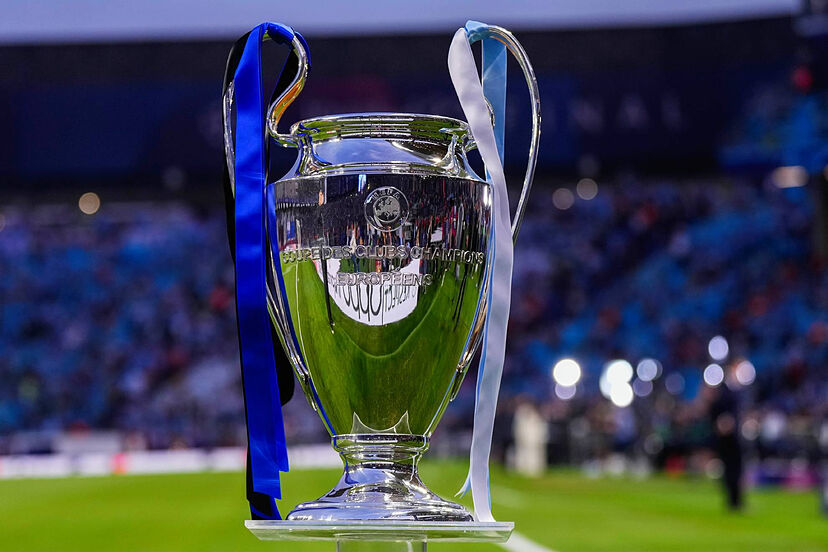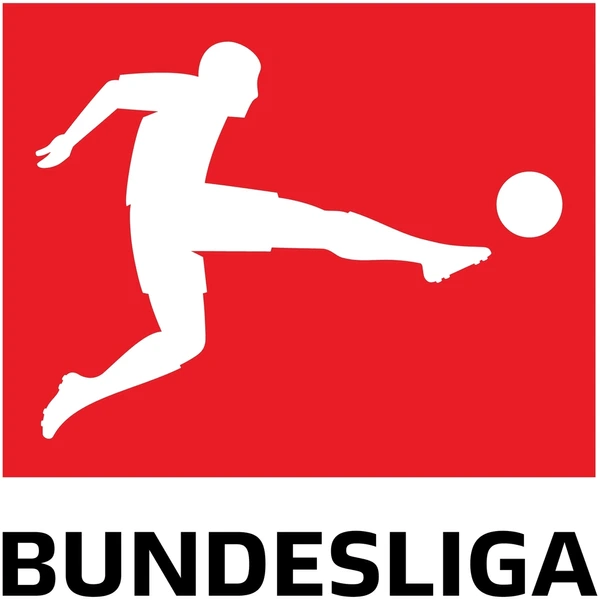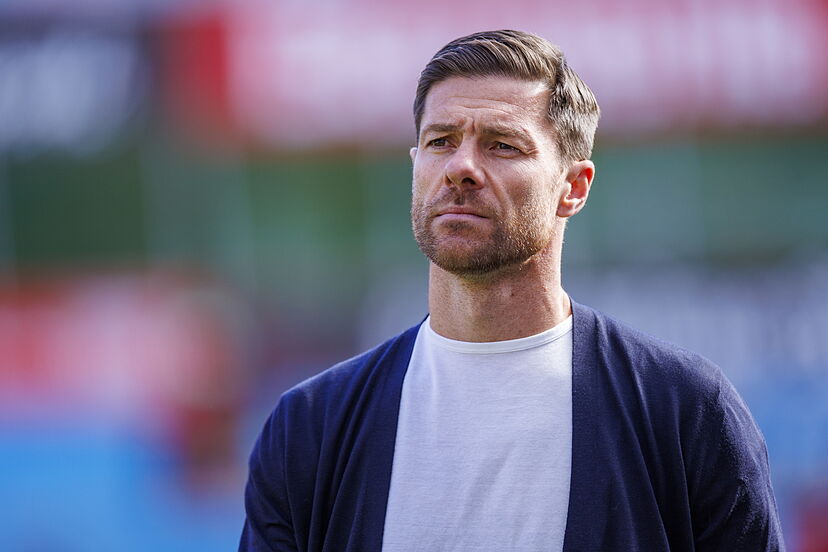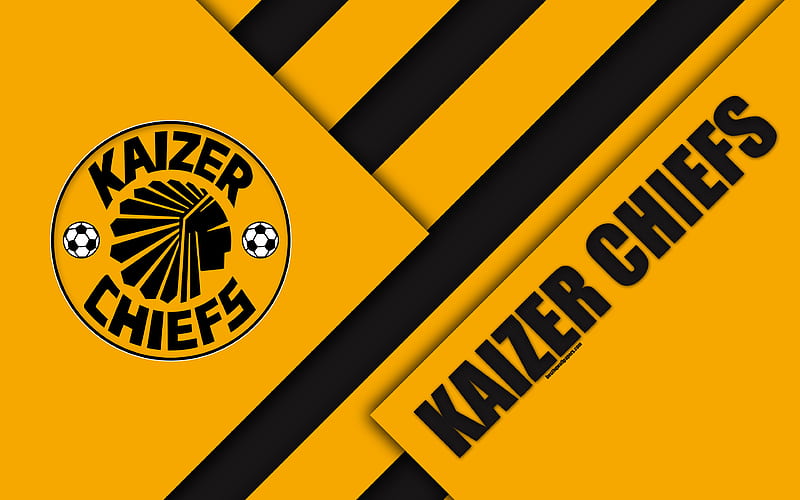What will happen now that Manchester United and sibling INEOS club Nice have qualified for the Europa League and Man City, along with sister club Girona, are in the Champions League? UEFA regulations state that clubs owned by the same person or legal entity cannot compete in the same continental championships. Manchester United won the FA Cup, which allowed them to qualify for the Europa League. However, do they have a chance of dropping to the Conference League?
After defeating Man City 2-1 in the Wembley final on May 25, United advanced straight to the Europa League group stage. However, Nice, a French team that is also owned by Sir Jim Ratcliffe, the founder of INEOS, is expected to join them. Two partnered teams are not permitted to play each other in the same competition, as stipulated by UEFA’s stringent rules regarding clubs controlled by the same ownership structure. Following Man Utd’s trophy win, INEOS issued the following statement: “We are in direct communication with UEFA and are cognizant of both clubs’ positions.”
Play Video – Back Pages: Could Manchester United lose their place in the Europa League?John Cross of The Mirror outlines why UEFA must make a major decision and why Manchester United may lose their Europa League spot. “We are certain we have a route forward for next season in Europe,” he says.Sky Sports looks at the regulations and possible remedies for both Manchester City and their sister club, Girona, as they are both in a similar scenario and have qualified for the Champions League…
What regulations govern ownership by multiple clubs in UEFA competitions? No person or organization is permitted to hold control or significant influence over more than one club in a single UEFA competition, according to UEFA’s regulations regarding multi-team ownership.
Also See:
What is meant by decisive influence and control? The four main requirements that clubs must fulfill are: transfers, club governance, financial support, and shareholder rights.
Rights of shareholders: According to the UEFA Club Financial Control Body, a club has decisive influence over another club if the party that controls them, such as INEOS, owns at least 30% of both clubs or if they are the club’s top shareholder with at least 10% of the club.
Financial support: If a club lends another club money to ensure their financial stability or if that club contributes at least 30% of the other club’s overall operational income, that club has the ability to exert decisive influence.
Club governance: If a person holds a position in the chief executive, sporting director, club president, or chief financial officer bodies of both clubs, you have significant power over them. If a prominent figure at one club has the authority to dismiss key executives, board members, and the head coach of the first team at another, and if they can decide on important player transfers, budgets, and commercial contracts for numerous teams, they also have the ability to exert decisive influence over such decisions.
Player transfers: If two clubs share scouts or a scouting database, or if three or more players have been transferred to the other club, that club has the upper hand. Before deciding whether to allow them to compete in the same UEFA competition, UEFA will conduct a more thorough evaluation to see whether decisive influence is being made if one or more of these requirements are satisfied.
What impact does this have on Man City and United, then?
Play Video: Man Utd presents a formidable threatThe magnitude of the work ahead at Manchester United is explained by Sir Jim Ratcliffe. In addition to controlling the football operations of Manchester United through his INEOS firm, which owns 27.7% of the team, new minority owner Sir Jim Ratcliffe is also the club’s primary shareholder at Nice in France. Ratcliffe abides by UEFA’s regulations because he owns less than 30% of United, but INEOS must demonstrate to UEFA that it does not have a deciding influence over either Nice or United through financial assistance and governance.
Given that Ratcliffe and other influential individuals, such Sir Dave Brailsford, are both directly active at United and Nice, it is probable that their specific positions will be looked into. But United has also brought on important players who were not at Nice, like chief executive Omar Berrada and academy director Jason Wilcox. Both Manchester City and Girona, who are controlled by the City Football Group, a division of the Abu Dhabi United Group, have advanced to the Champions League group stage for the upcoming campaign.
The City Football Group owns 44.3% of La Liga team Girona in addition to being the biggest shareholder of Premier League champions City. Pere Guardiola, the brother of City manager Pep Guardiola, owns an additional sixteen percent of the Spanish team. In order for both teams to be eligible for the Champions League, it appears that the City Football Group will have to sell off some of its Girona holdings.
The European Union’s regulatory body has presented CFG with a number of options for complying, including transferring a portion of their ownership in Girona to an independent third party using a methodology approved by UEFA, which would reduce their shareholding to less than 30%. Due to their transfer activities this season, the City Football Group could have a significant impact on Girona as well as City.
This season, Girona has also added three players from CFG clubs: midfielder Yangel Herrera, a straight transfer from City, and right-back Yan Couto. According to reports, Brazilian winger Savio, who signed in February, will join City this summer after joining from another CFG club in Troyes. Although Girona has its own independent sporting director in Quique Carcel, City’s sporting director Txiki Begiristain also serves as CFG’s director of football.



